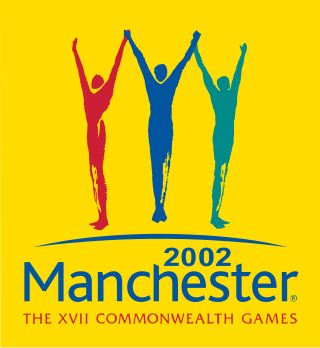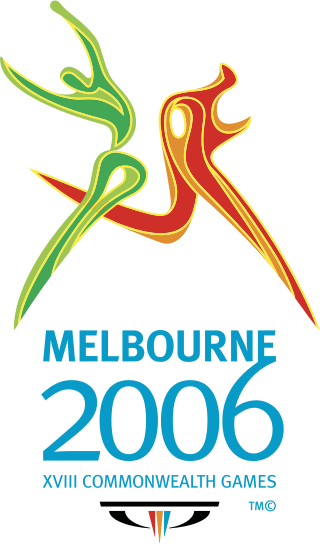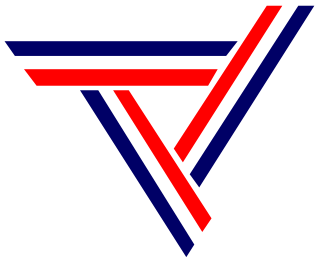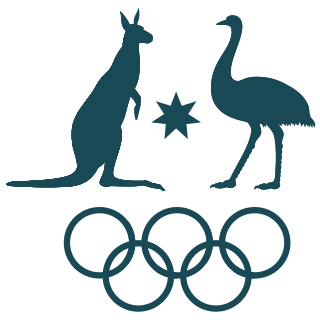
The Commonwealth Games is a quadrennial international multi-sport event among athletes from the Commonwealth of Nations, which mostly consists of territories of the former British Empire. The event was first held in 1930 and, with the exception of 1942 and 1946, has successively run every four years since. The event was called the British Empire Games from 1930 to 1950, the British Empire and Commonwealth Games from 1954 to 1966, and British Commonwealth Games from 1970 to 1974. Athletes with a disability are included as full members of their national teams since 2002, making the Commonwealth Games the first fully inclusive international multi-sport event. In 2018, the Games became the first global multi-sport event to feature an equal number of men's and women's medal events, and four years later they became the first global multi-sport event to have more events for women than men.

The 2002 Commonwealth Games, officially known as the XVII Commonwealth Games and commonly known as Manchester 2002, was an international multi-sport event for the members of the Commonwealth held in Manchester, England, from 25 July to 4 August 2002. The event was to be hosted in the United Kingdom to coincide with the Golden Jubilee of Elizabeth II, head of the Commonwealth, and Manchester was selected for the 2002 Games ahead of London using a recycled part of the project, which lost the 2000 Summer Olympics and Paralympics to Sydney, Australia. The 2002 Commonwealth Games was, prior to the 2012 Summer Olympics, the largest multi-sport event ever to be held in the UK, eclipsing the London 1948 Summer Olympics in terms of teams and athletes participating. The 2002 Commonwealth Games had the largest number of events of any Commonwealth Games in history, featuring 281 events across 17 sports.

The 2006 Commonwealth Games, officially the XVIII Commonwealth Games and commonly known as Melbourne 2006, was an international multi-sport event for members of the Commonwealth held in Melbourne, Australia between 15 and 26 March 2006. It was the fourth time Australia had hosted the Commonwealth Games. It was also the largest sporting event to be staged in Melbourne, eclipsing the 1956 Summer Olympics in terms of the number of teams competing, athletes competing, and events being held.

The 1982 Commonwealth Games was held in Brisbane, Australia, from 30 September to 9 October 1982. The Opening Ceremony was held at the QEII Stadium, in the Brisbane suburb of Nathan. The QEII Stadium was also the athletics and archery events venue. Other events were held at the purpose-built Sleeman Sports Complex in Chandler.

The Australian Olympic Committee (AOC) is the National Olympic Committee responsible for developing, promoting, and protecting the Olympic Movement in Australia. The AOC has the exclusive responsibility for the representation of Australia at the Olympic Games, the Youth Olympic Games and at Regional Games patronized by the International Olympic Committee (IOC). All National Olympic Committees are constituents of the International Olympic Committee.

Scotland is one of only six countries to have competed in every Commonwealth Games since the first Empire Games in 1930. The others are Australia, Canada, England, New Zealand and Wales. The Commonwealth Games is the only major multi-sport event in which Scottish athletes and teams compete as Scotland; otherwise Scotland participates in multi-sport events as part of a Great Britain team.

Australia first competed at the Games, then titled the British Empire Games, in 1930; and is one of only six countries to have sent athletes to every Commonwealth Games. The others are Canada, England, New Zealand, Scotland, and Wales. Australian athletes competed for Australasia at the 1911 Festival of the Empire, the forerunner to the British Empire Games.

Netball is the most popular women's team participation sport in Australia. In 1985, there were 347,000 players, and in 1995, there were over 360,000 Australian netball players. Throughout most of Australia's netball history, the game has largely been a participation sport; it has not managed to become a large spectator sport. In 2005 and 2006, 56,100 Australians attended one to two netball matches, of these, 41,600 were women. 46,200 attended three to five netball matches, with 34,400 of those spectators being women. 86,400 attended six or more netball matches, with 54,800 spectators being female. Overall, 188,800 people attended netball matches, with 130,800 being female. In 2005 and 2006, netball was the 10th most popular spectator sport for women with Australian rules football (1,011,300), horse racing (912,200), rugby league (542,600), motor sports (462,100), rugby union (232,400), football (212,200), harness racing (190,500), cricket (183,200) and tennis (163,500) all being more popular. The country set an attendance record for a Netball match with a record crowd of 14,339 at the Australia–New Zealand Netball Test held at the Sydney Super Dome game in 2004.

Clara Decima Hamilton (née Norman), MBE was an Australian athlete. She was the only Australian woman who won five gold medals at the 1938 British Empire Games.

The 2018 Commonwealth Games, officially known as the XXI Commonwealth Games and also known as Gold Coast 2018, was an international multi-sport event for members of the Commonwealth that was held on the Gold Coast, Queensland, Australia, between 4 and 15 April 2018. It was the fifth time Australia had hosted the Commonwealth Games and the first time a major multi-sport had an equal number of events for male and female athletes.

Athletics is a popular sport in Australia, with around 34,000 athletes, officials and coaches currently registered with the national association.

Baseball at the Australian University Games has been part of the Australian University Games program since the 2004 games. The games are held in the last week of September during mid-Semester break. The reigning champions and most successful team is The University of Sydney who are members of the Sydney Uni Baseball Club.
The 2010 Commonwealth Games, was a multi-sport event held in Delhi, India from 3 to 14 October 2010. It was the first time that India hosted the Commonwealth Games and the second time it was held in Asia after Kuala Lumpur, Malaysia in 1998. A total of 6,081 athletes from 71 Commonwealth Games Associations (CGAs) participated in this Games, competing in 272 events in 21 sports.

Bidding for the 2018 Commonwealth Games began on 31 March 2010. The winning bid was announced in Basseterre, Saint Kitts on 11 November 2011. Gold Coast won its bid to host the 2018 Commonwealth Games.

The city of Durban, South Africa was initially elected as the host for the 2022 Commonwealth Games on 2 September 2015, at a General Assembly in Auckland, New Zealand. It was reported in February 2017 however, Durban may be unable to host the games due to financial constraints. On 13 March 2017, the Commonwealth Games Federation (CGF) stripped Durban of their rights to host. On 21 December 2017, Birmingham was awarded for the 2022 Games as Durban's replacement host. Louise Martin, president of the Commonwealth Games Federation, made the official announcement at a press conference at the Arena Academy in Birmingham.

The 2026 Commonwealth Games, officially known as the XXIII Commonwealth Games, is a planned multi-sport event for members of the Commonwealth of Nations. The 2026 Commonwealth Games would be the first to be held since the death of Queen Elizabeth II and the accession of King Charles III as Head of the Commonwealth on 8 September 2022.

Bids for the Commonwealth Games is the process where Commonwealth Games Associations select from within their national territory cities to put forward bids to host a Commonwealth Games. Since the creation of the Commonwealth Games Federation in 1932, which successfully appropriated the name of the Inter-Empire Championships to create a modern sporting event for the members of the Commonwealth, interested cities have rivalled for selection as host of the Commonwealth Games.
An extensive bidding process for the 2026 Commonwealth Games began in 2018, and ended in 2022 with the announcement of the state of Victoria, Australia being the host. The host city was to be announced in 2019 in Rwanda, but was cancelled over lack of interest. The winning bid was announced by Dame Louise Martin, head of the Commonwealth Games Federation (CGF).














